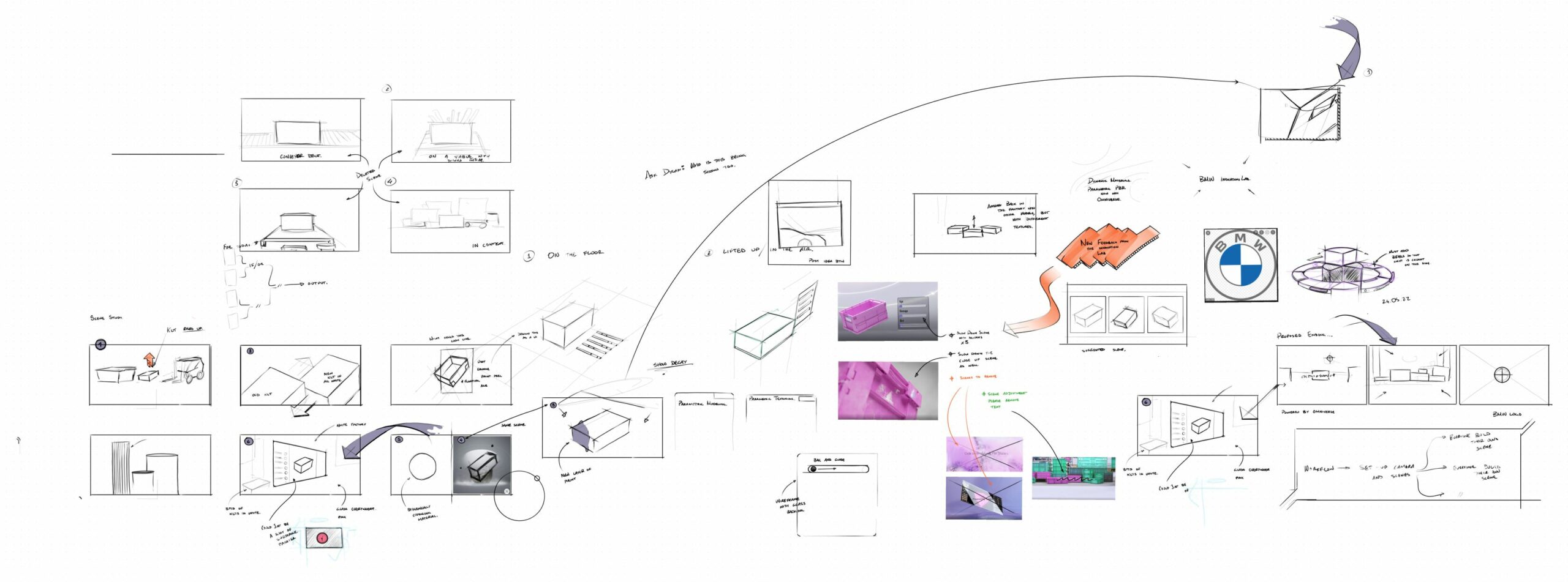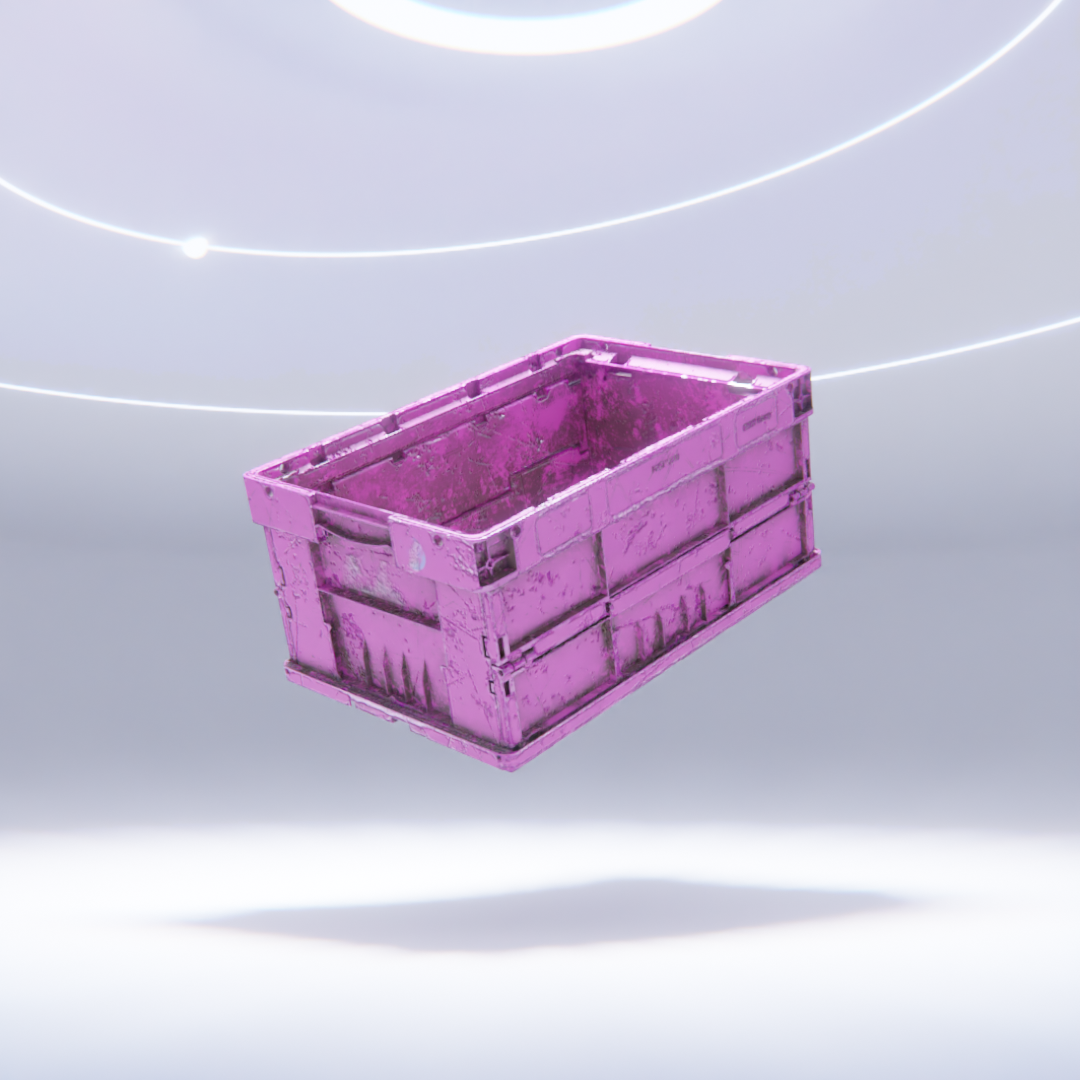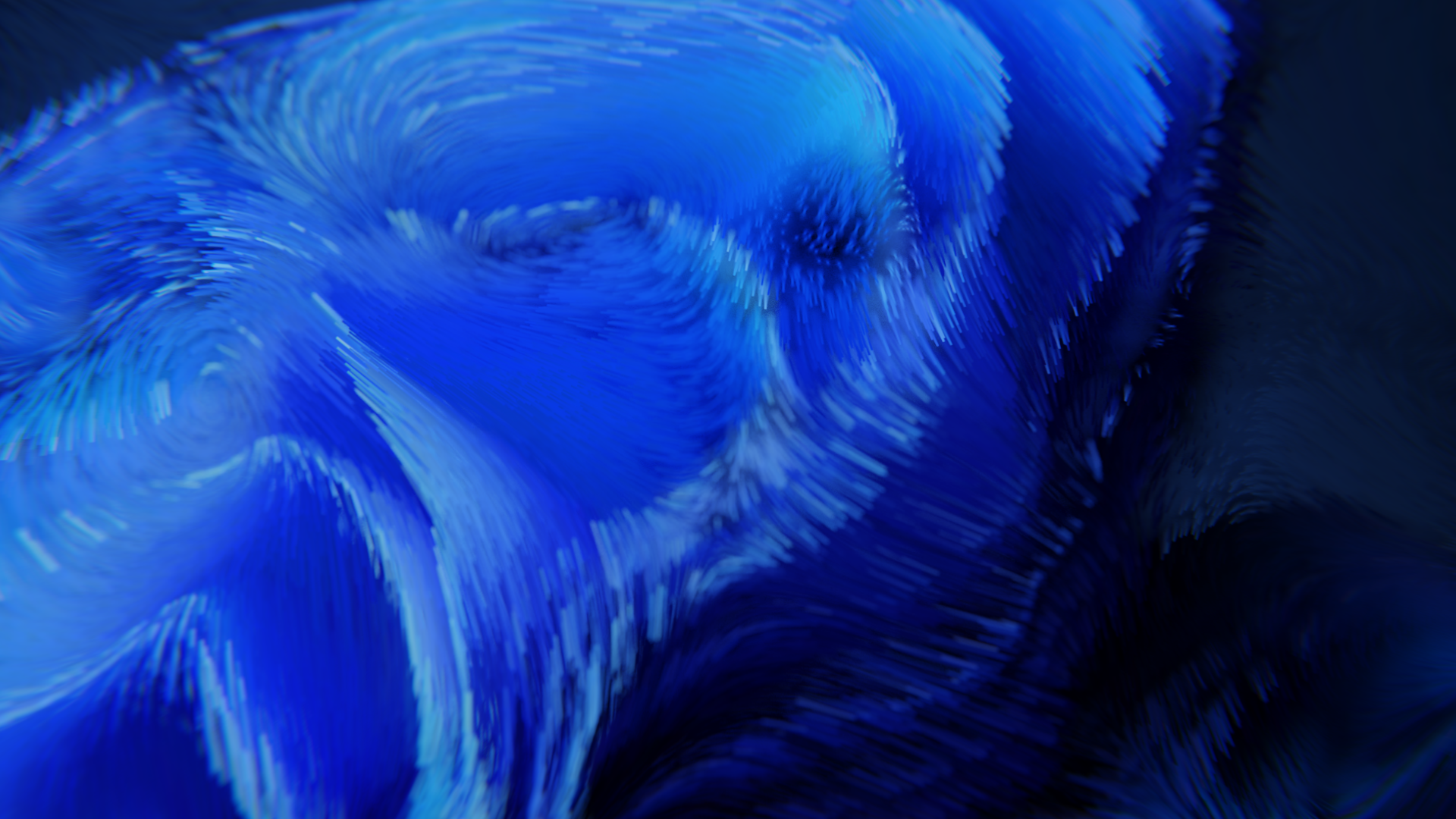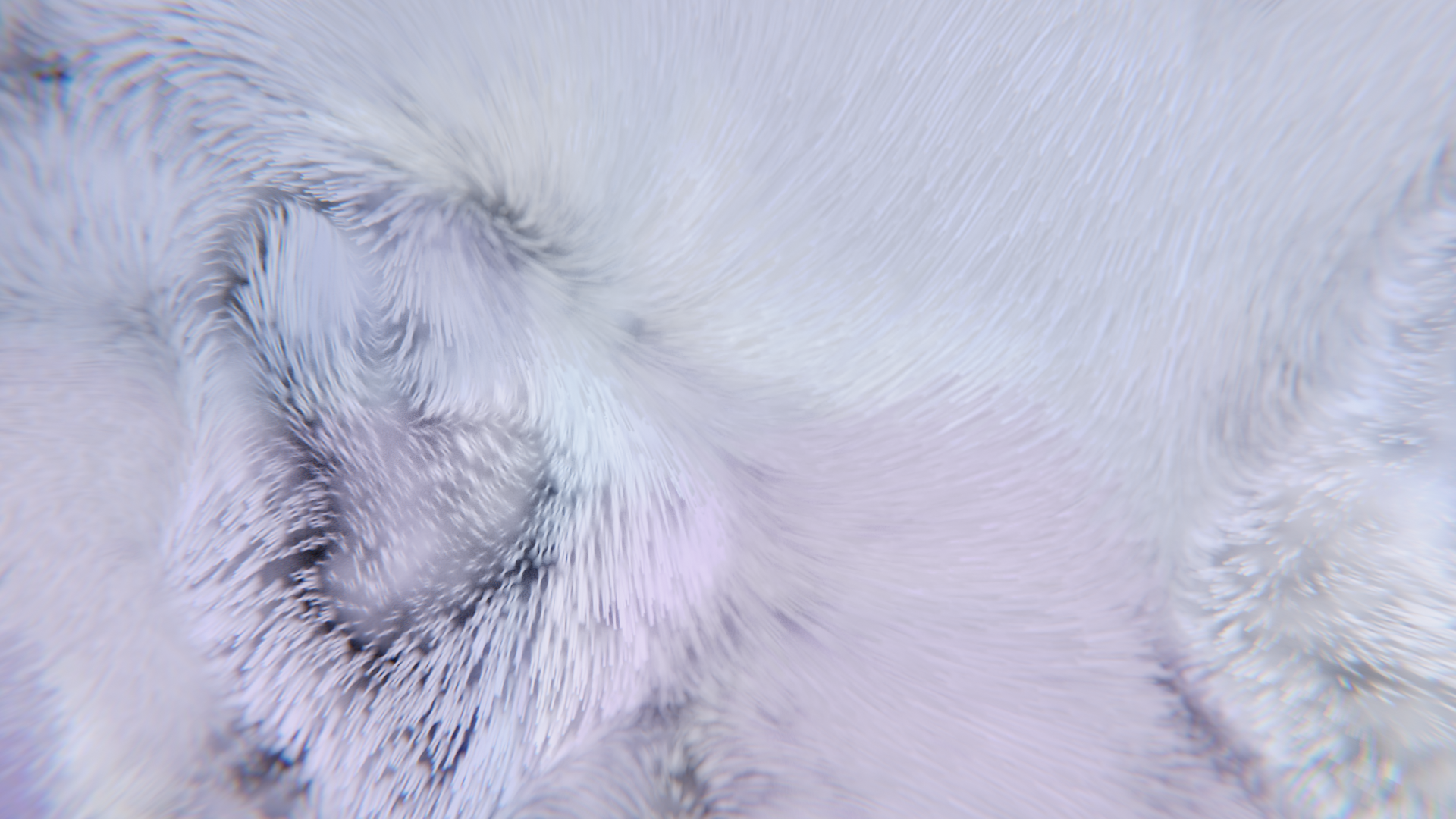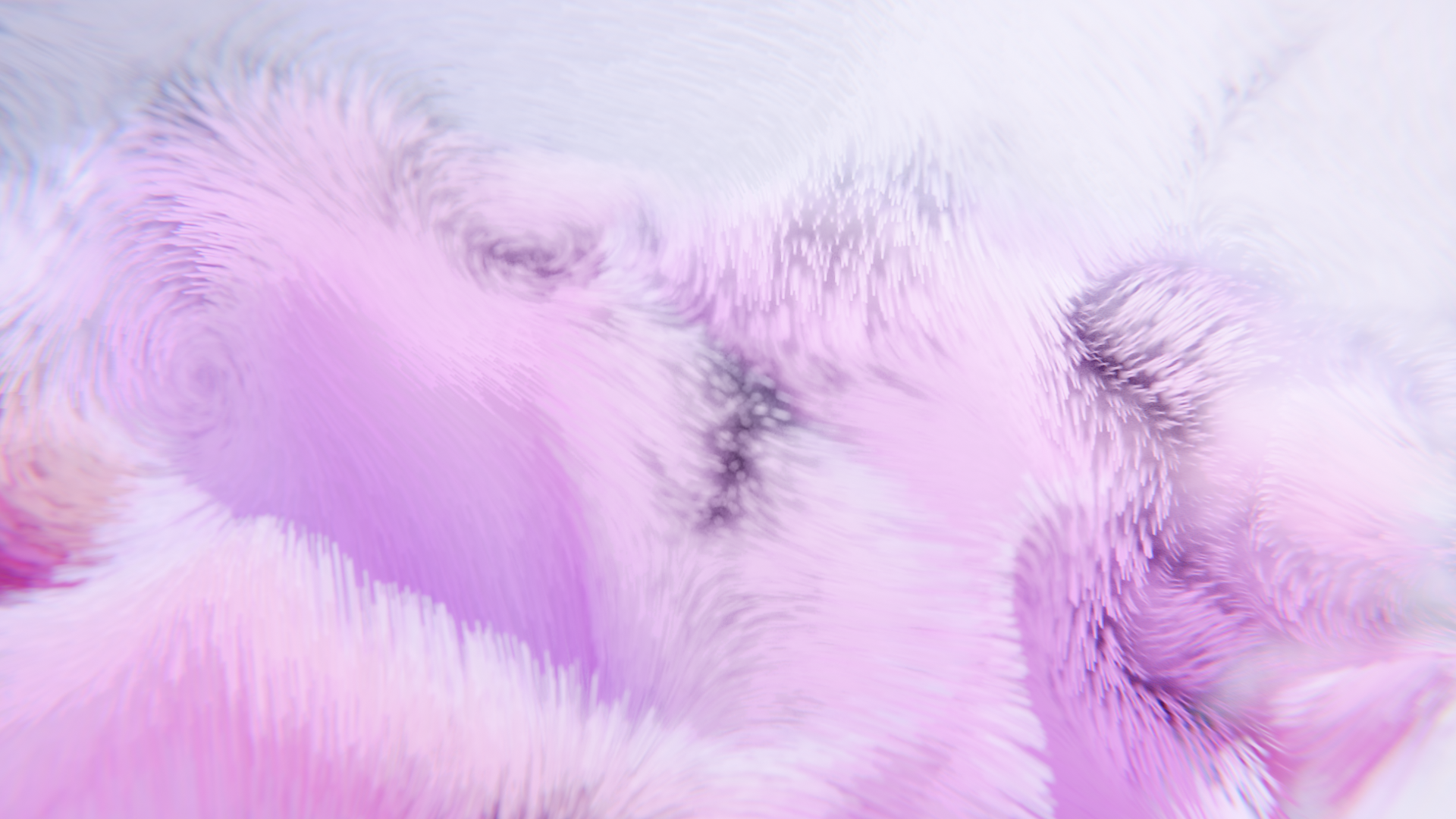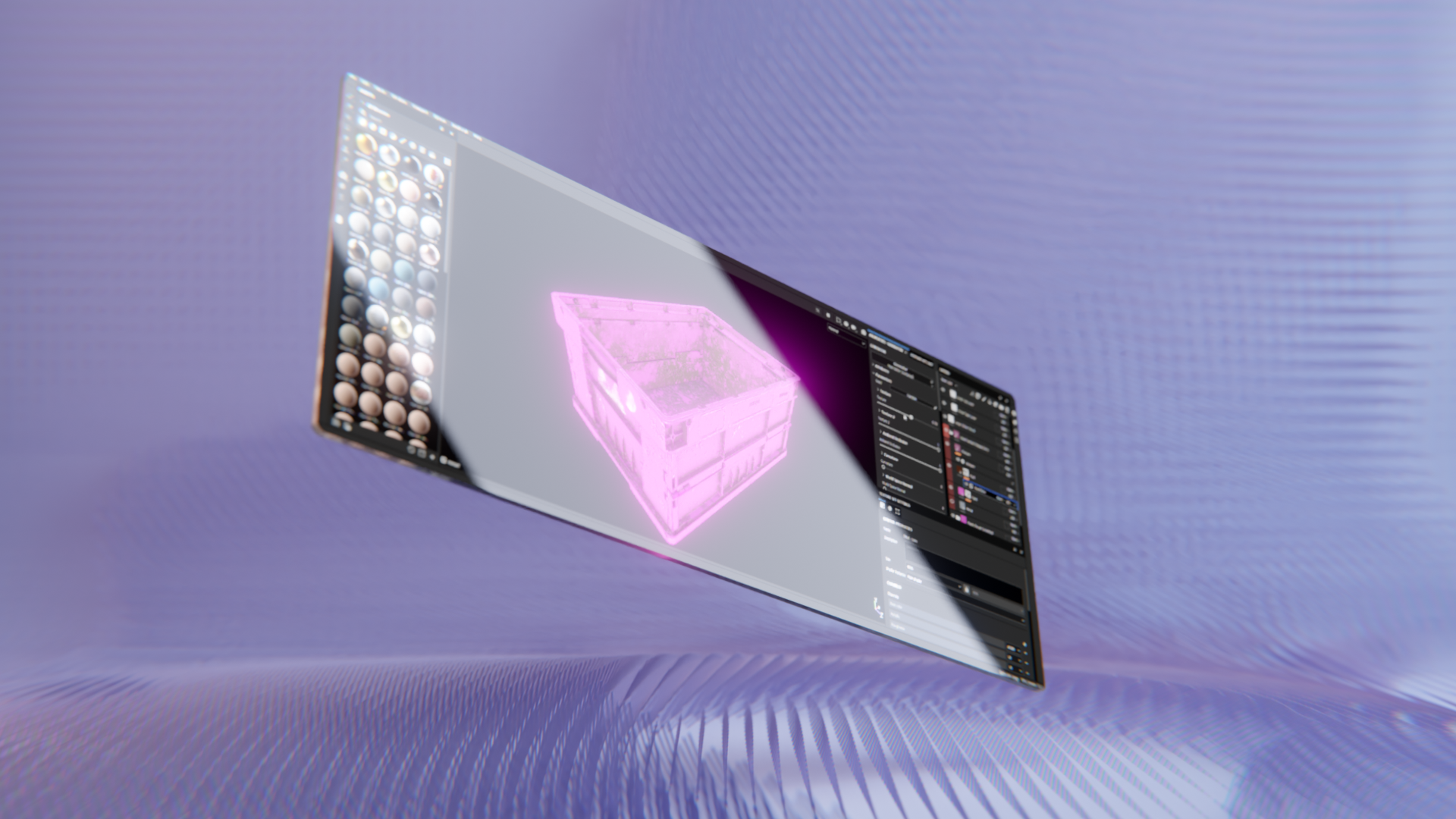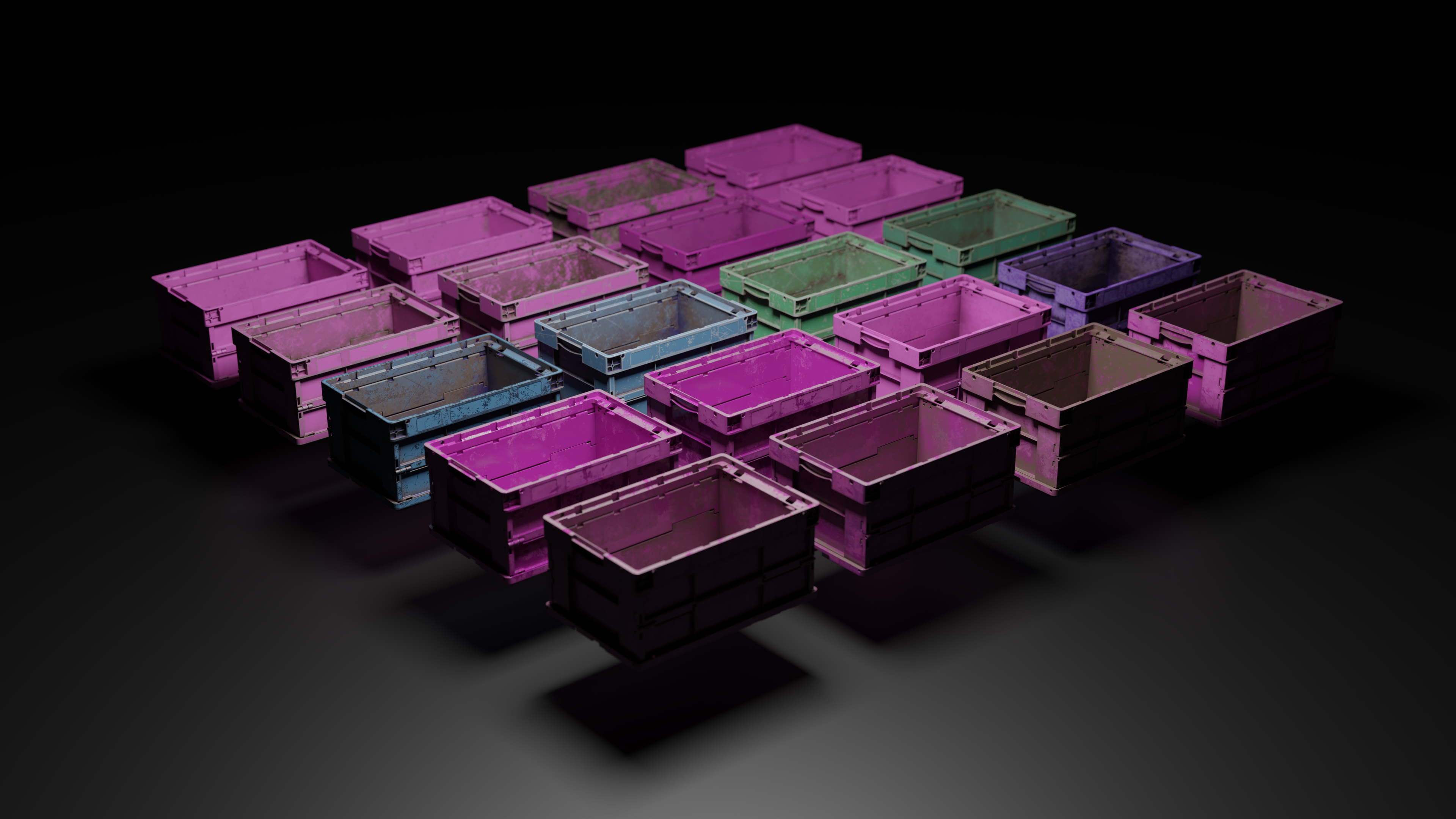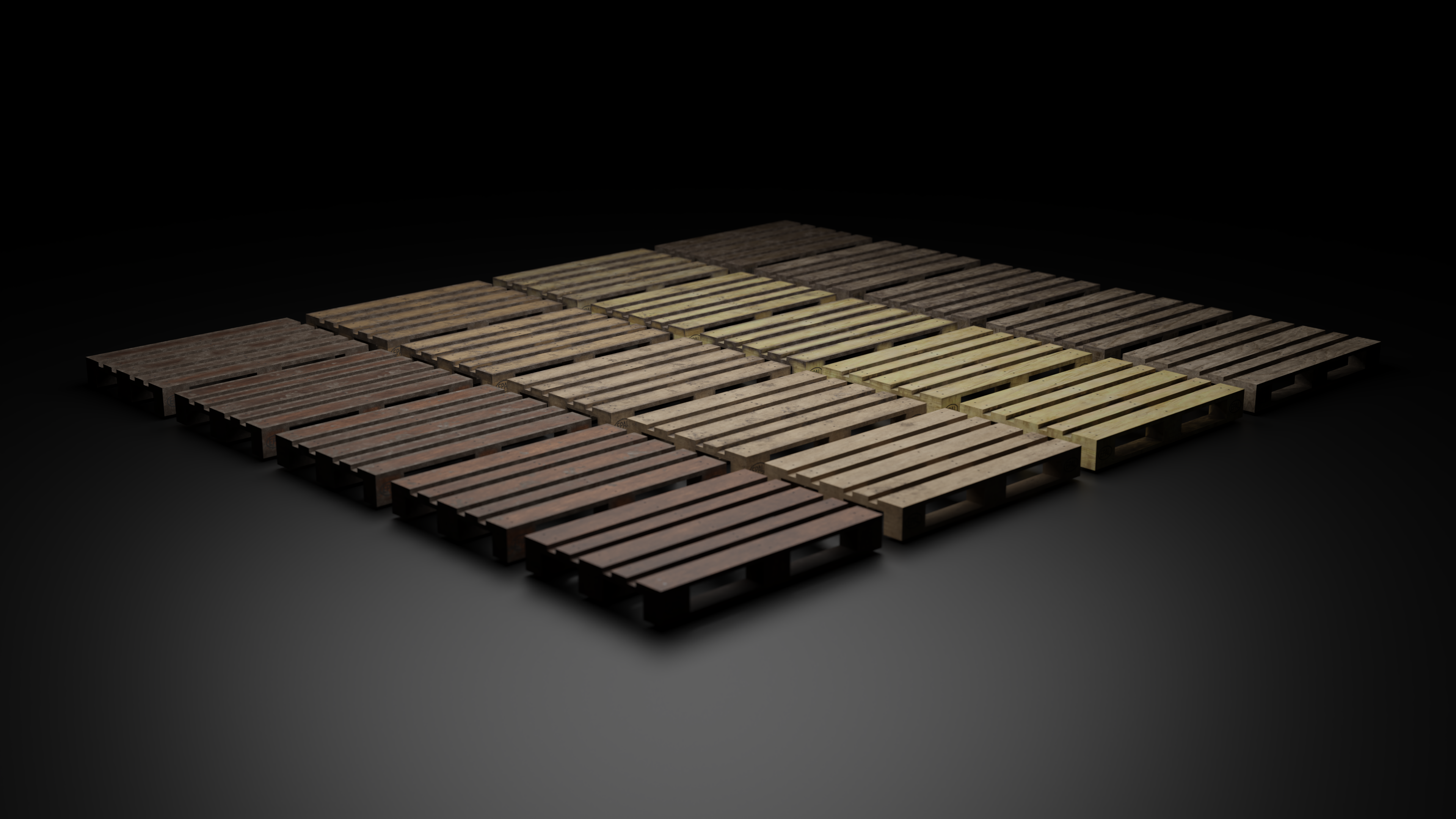DYNAMIC MATERIALS FOR SIMULATIONS
PARAMETRIC
Year//
2022
Team//
BMW Innovation Lab, Idealworks, Inmind.ai, BMW Group QUT Design Academy
In early 2022 our team at the BMW Group QUT Design Academy collaborated with idealworks to communicate the dynamic nature of assets included in SORDI, a Synthetic Object Recognition Dataset for Industries. The dataset was created by training a neural network using digital assets, many of which were authored by the Academy team. Parametric, is a case study focusing on the dynamic nature of an example asset, the BMW KLT, a container used to transport and house components within BMW’s factories.
DEVELOPING CONTEXT
STORYBOARDING
The project aimed to showcase the dynamic nature of the PBR materials featured in SORDI. A storyboard was created using Concepts App to explore several directions independently and critique scenes as the project developed. Our team settled on showcasing the asset within a digital context first, and then artistically demonstrated how changes may be visualised over time due to frequency of use.
SHOWCASING PARAMETRICS
BUILDING THE SHADER
We approached this task by creating 4 different variations of the material with adjustable parameters such as dust, age, surface displacements and roughness used to indicate age, damage and dirt. Over time, as the digital asset is interacted with by robots, environment conditions and circumstances, the materials automatically changes - replicating reality through a series of parametric functions.
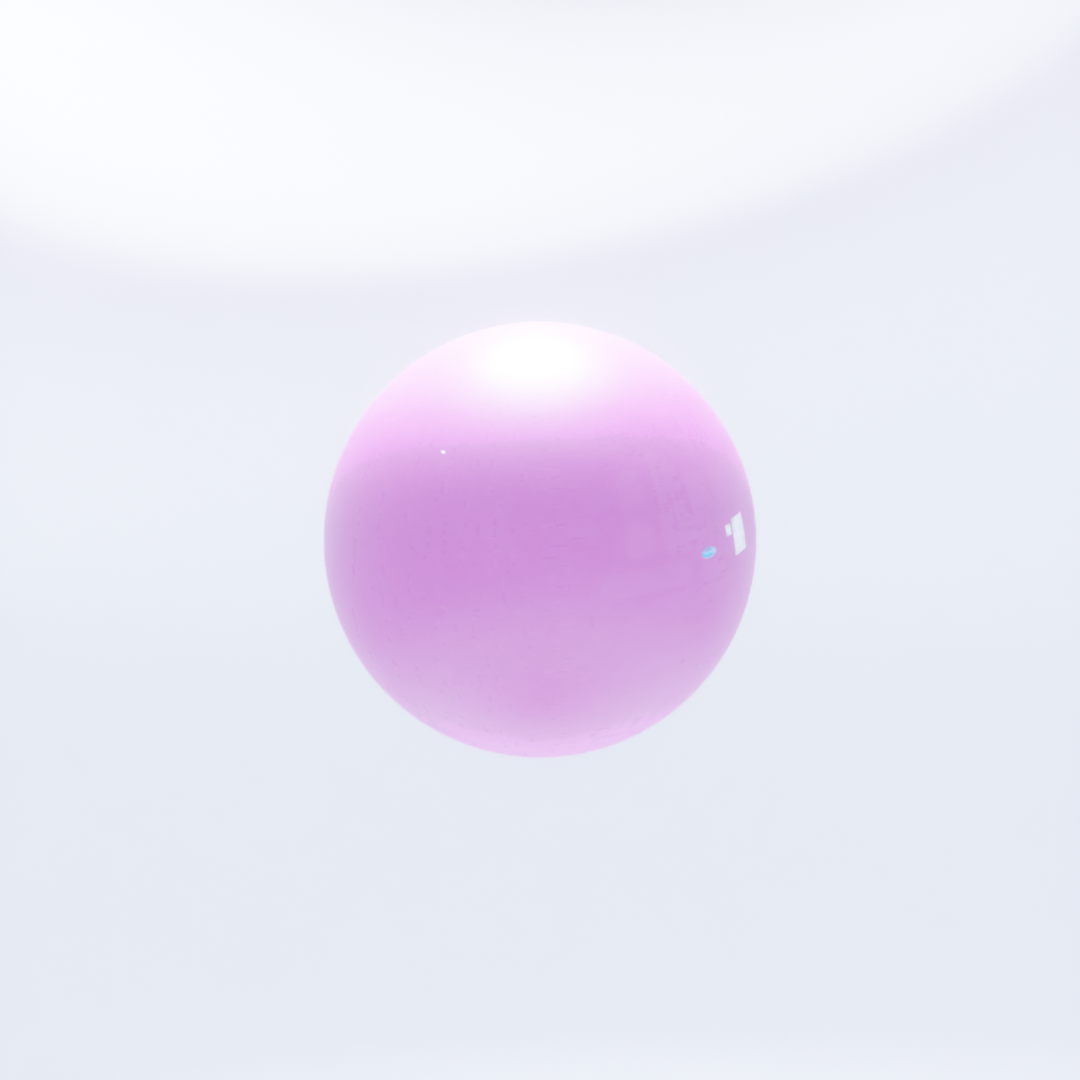
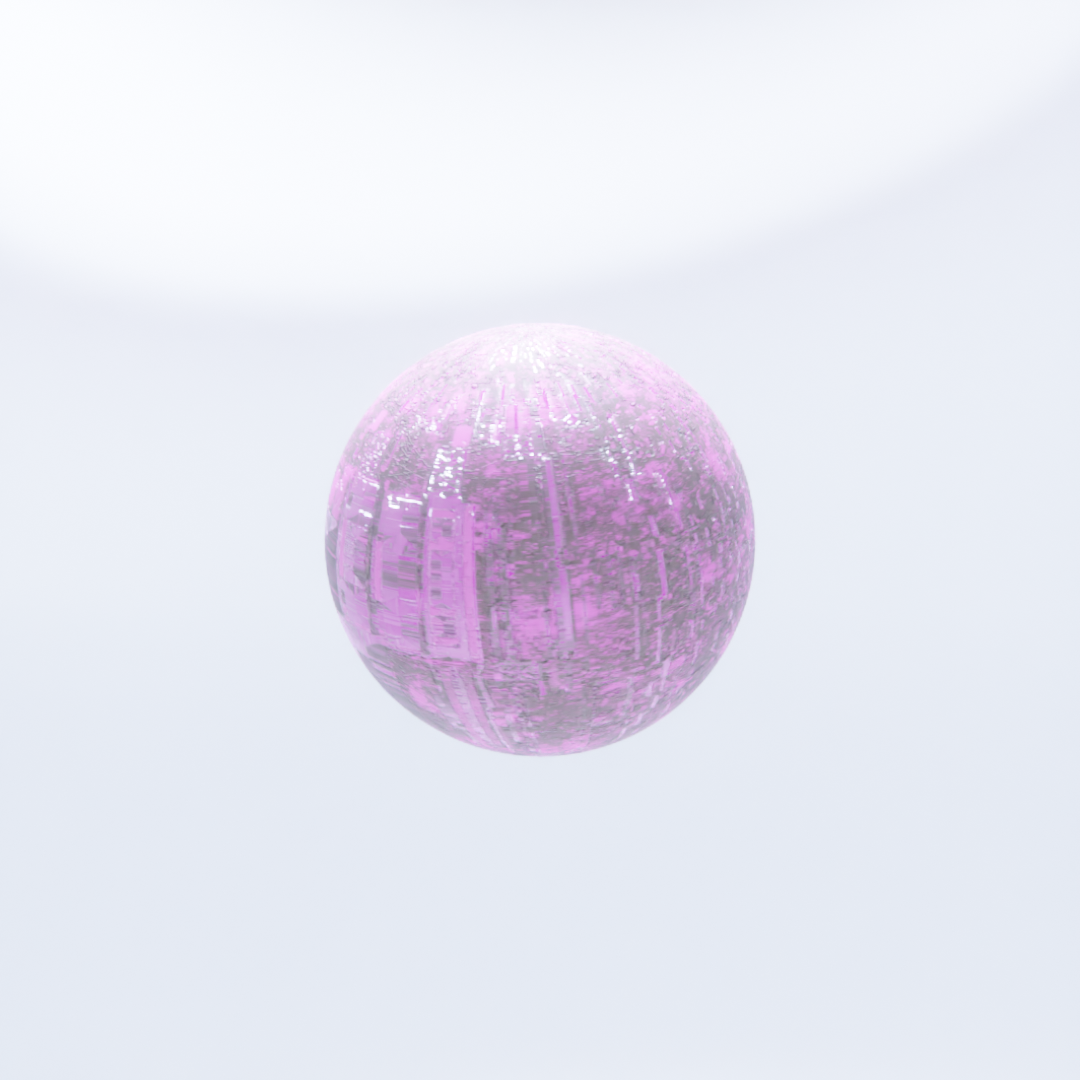
COMMUNICATION WITH UI'S
ARTISTIC EXPRESSION
From a micro-scale, we explored several methods of demonstrating the aging process. Masks, micro displacements and surface geometry transformations were included in our RnD process as illustrated below. A simple transitionary rotation was ultimately selected with the partnership of a slider UI to better communicate the changes.
SOFTWARE WORKFLOW
DETAILING DECALS
Adobe’s Substance painter was used to create each of the texture layers, starting with a pristine underlay. Next, fresh decals set with consistent height values were added over a plastic body with limited surface inconsistencies. Aged instances of this texture set were then extracted by developing a series of parametric masks based on ambient occlusion, edge wear maps, and projected noise alphas - the sum was then collated in Blender for animation and rendering.
VISUALISING AGE
VARIENTS
To demonstrate the procedural nature of the assets, 20 variations of dirt, dust and paint irregularities were fabricated and visualised for communication purposes. Each asset within SORDI’s data base has the capability to procedurally age and manifest augmentations on a surface planar level – a concept we are actively working towards sharing soon.
THE TIP OF THE ICEBURG
INTRO TO SORDI
This project focuses on visualising a small aspect of SORDI, and aimed to highlight its contributor's dynamic approach to simulation. Future implementations of this technology are truly endless and I’m ever curious to see the applications of the dataset. For more information on the visualisation and asset creation component of the dataset, watch this space:

